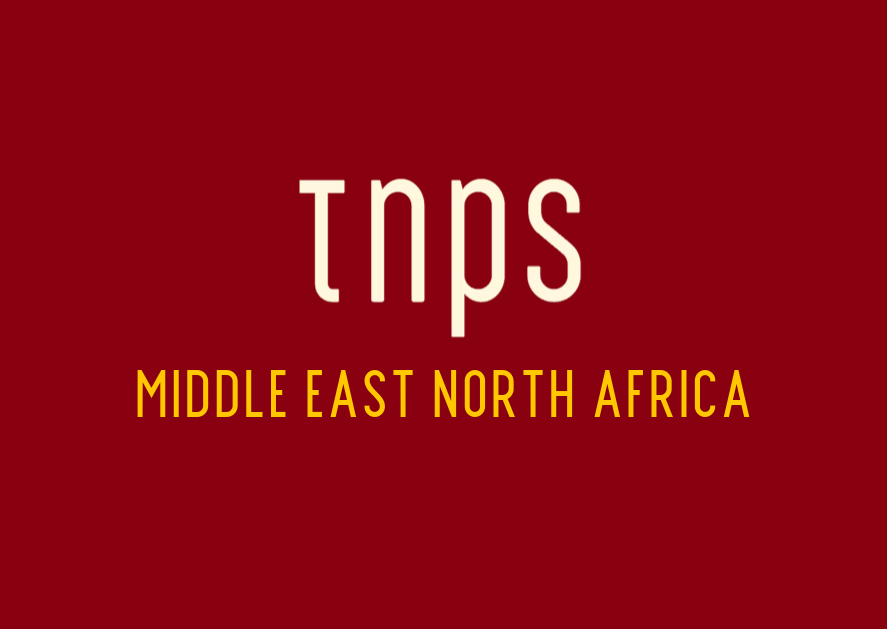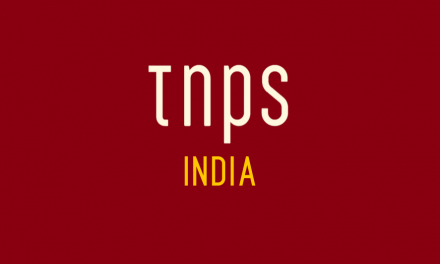It’s probably too late for 2024, but the USA – and the world – needs a fully-fledged US International Book Fair by 2025. Especially so if, as seems increasingly likely, London, the current leading English-language book fair, continues its slow descent into irrelevance.
Does America need an international book fair? One might ask, do we need oxygen to breathe.
BEA lost direction many years back, and with it it lost financial viability. Important to remember that Reed Exhibitions dumped New York because it wasn’t profitable enough, and was thrown out of Paris (now a much stronger event for Reed’s absence) because it was focussed on profit above books.
We see the same problems now with London, where Gareth Rapley is fighting a losing battle to keep #LBF relevant in changing and challenging times.
In Edward Nawotka‘s timely PW post arguing the need for an international US book fair, Sherif Bakr, general manager of the Al Arabi Publishing House in Cairo, Egypt, says “It’s very weird that the biggest country in the world in terms of publishing doesn’t have a decent international book fair.” This from the country that hosts the biggest mid-length book fair in the world (only the Bangladesh Ekushey Boi Mela is bigger, but that is held over a full month).
Nawotka collects similar commentary from other industry professionals. No-one, it seems, is arguing there is not need for a BEA replacement.
Right now ‘Bradley Metrock‘s Digital Book World and the PW Book Show which Nawotka is part of, are the mainstays of US publishing on the global stage.
Neither meet the needs of an international book fair on their own.
We see signs PW is moving in that direction, and I fervently hope DBW can become more international as that event gains momentum.
But what the US absolutely does not need is a BEA clone. Just another “exhibition” event run by a third party like Reed Exhibitions, that has no interest in, or connection with the industry it is hosting. Where books and publishing are a sideline to the objective of selling floor space to anyone who will pay.
And beyond that, per recent TNPS discussion –

– both London and New York need to move with the times.
From the TNPS post: “At the end of the day LBF23 was just another traditional publishing book fair clinging to its print roots from an era when the very word book conjured up an image of ink on paper sold in a physical bookstore.”
But above all, a book fair needs to be not just about books and selling rights (which can be done without a book fair happening at all, as we saw in the Pandemic) but about people. Real people, not just trade professionals with an expenses account.
Last year the Frankfurter Buchmesse managed to pull in equal numbers of trade and public visitors, and was all the stronger for it. Most international book fairs manage to be both trade and public-facing at the same time, a topic I explored in TNPS this week.

Right now, the PW team look best placed to transform the PW Book Show into a truly international book fair for the USA, run by the industry for the industry.
Whether they have the resources to carry that off sooner, later or not at all is something only they can know.
I would guess Nawotka’s speculative piece was more than just idle chatter, and is sounding out the industry mood. We’ve seen PW noticeably increase its international focus since the Pandemic. We’ve seen PW expand its coverage and presence in the Ibero-America markets, competing with a well-established rival in the form of PublishNews ES, and we’re seeing Nawotka himself increasingly back on the international circuit.
It’s probably too late for 2024, but the USA – and the world – needs a fully-fledged US International Book Fair by 2025. Especially so if, as seems increasingly likely, London, the current leading English-language book fair, continues its slow descent into irrelevance.
#BookExpoAmerica #PWBookShow #DigitalBookWorld #USInternationalBookFair






What these book fairs need to be stating is, “This is our WHY.” Too much rote, to much more of the same. to much that references the past.
Look, I get it. It’s hard when you’re paying on a mortgage, when your son or daughter just graduated from high school and just got accepted to the higher education of his/her choice.
And, you’re employed by a legacy publishing organization. That’s a tough row to hoe.
The issue is, most of these organizations experienced a split long ago. Their original “WHY,”
got subsumed into quarterly reports to their shareholders, and protecting market share.
They lost their way.
The future is not theirs. It is ours.